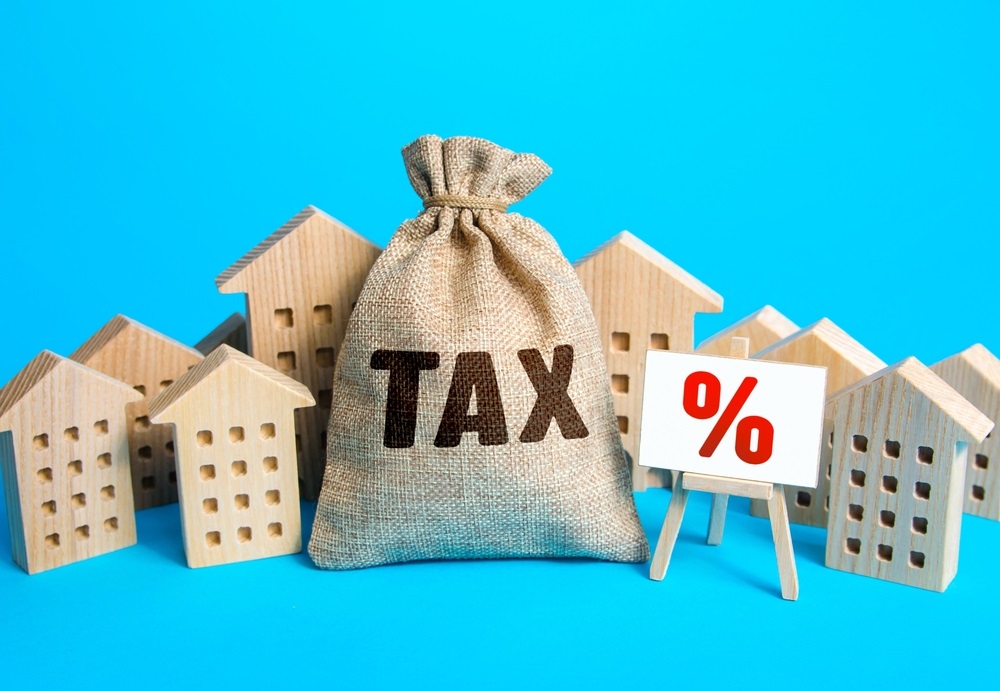Changes to the tax thresholds for second homeowners selling their property may leave landlords wondering if they should sell up before April 2023? Alex Witham offers some advice for anyone who’s in two minds about what to do with their property
 The Autumn Statement delivered a blow for private landlords wishing to sell property by reducing the threshold for Capital Gains Tax (CGT).
The Autumn Statement delivered a blow for private landlords wishing to sell property by reducing the threshold for Capital Gains Tax (CGT).
Chancellor Jeremy Hunt announced that the CGT threshold, which currently stands at £12,300, will go down to £6,000 from 6 April 2023 and to £3,000 from 6 April 2024.
Landlords disposing of a property owned in their private name will face higher taxation in the future if the property has increased in value. CGT is paid on any profit made when a landlord sells a property and it must be paid within 60 days of the completion date.
What Mortgage has been asked by landlords, should they sell up before April 2023? That depends on whether you were already thinking of selling and whether you own property as an individual or as a limited company.
Should landlords set up a limited company?
By setting up as a limited company via a Special Purpose Vehicle (SPV) there are tax advantages. But it is complicated so you must seek proper tax advice from a specialist tax adviser or property tax accountant if you want to go down this route.
There is no CGT allowance for sale of property within a SPV, instead you pay corporation tax on any gain you make. For higher rate tax payers this can be lower via a limited company because, at the moment, corporation tax is lower than CGT.
This year more than 50,000 SPVs have been set up for property investment purposes and I expect the upward trajectory will continue into 2023. In fact, the total number property investment SPVs has doubled since 2017 and there are now more than 300,000 firms.
What should individual landlords do?
For landlords who don’t hold property within a SPV don’t be influenced by the change in CGT if you had no intention of selling before this announcement was made. Don’t just sell for that one reason, look at the whole story of why you are a landlord.
Investing in property is long-term investment and although some people have large portfolios of properties, 45% of landlords own just one rental property. According to the English Private Landlord Survey 2021, the most common reason for being a landlord is ‘as a long-term investment to contribute to their pension’ (54%).
Nearly half of landlords (48%) invested primarily for rental income compared to 27% who invested for capital growth. So for most landlords a regular monthly income is more important than selling the property for a profit.
The rise in house prices when you do eventually sell could be viewed as an added bonus and is, usually, one of the perks of long-term property investment.
It is also worth noting that CGT is an individual allowance so if two people own the property CGT is still potentially £12,000 after April next year as both are allowed £6,000 each.
We don’t know what is going to happen in the future but the CGT threshold may well go up when the economy is in a stronger position.
 But if you were going to dispose of your rental property anyway, and you are going to see a profit, it’s probably worth selling before the CGT threshold goes down.
But if you were going to dispose of your rental property anyway, and you are going to see a profit, it’s probably worth selling before the CGT threshold goes down.
Alex Witham is regional account manager at Landbay
Landbay is an intermediary-only buy-to-let mortgage lender. This means our mortgages are only available via mortgage brokers and we would always advise landlords to seek advice from brokers who understand the buy-to-let market














